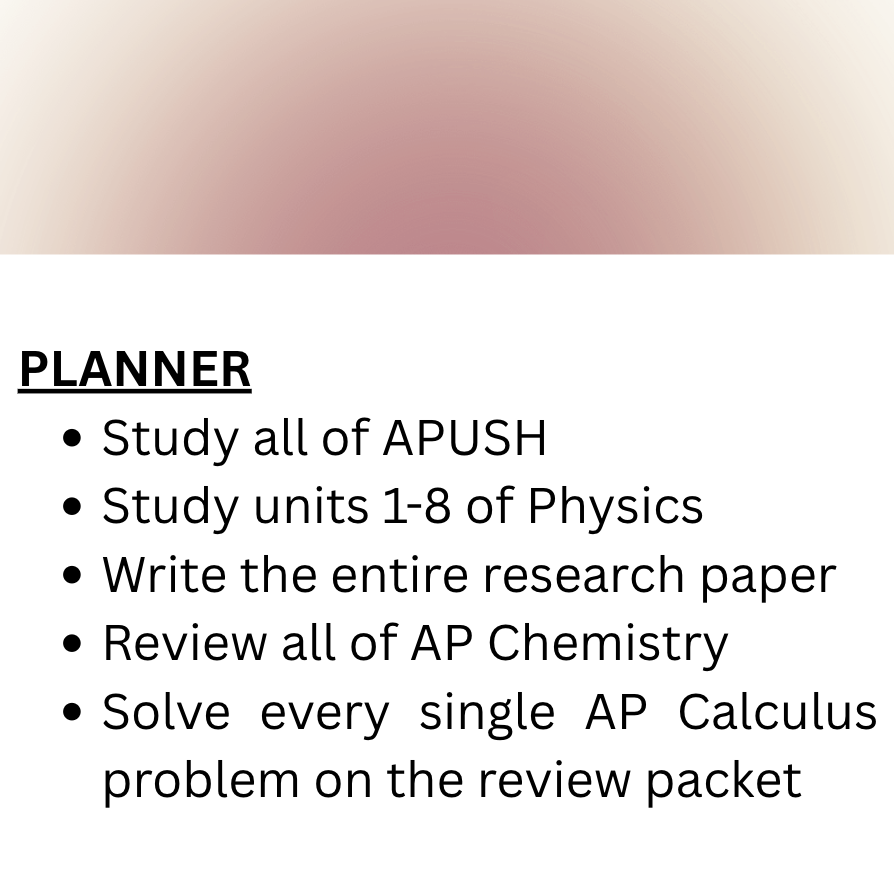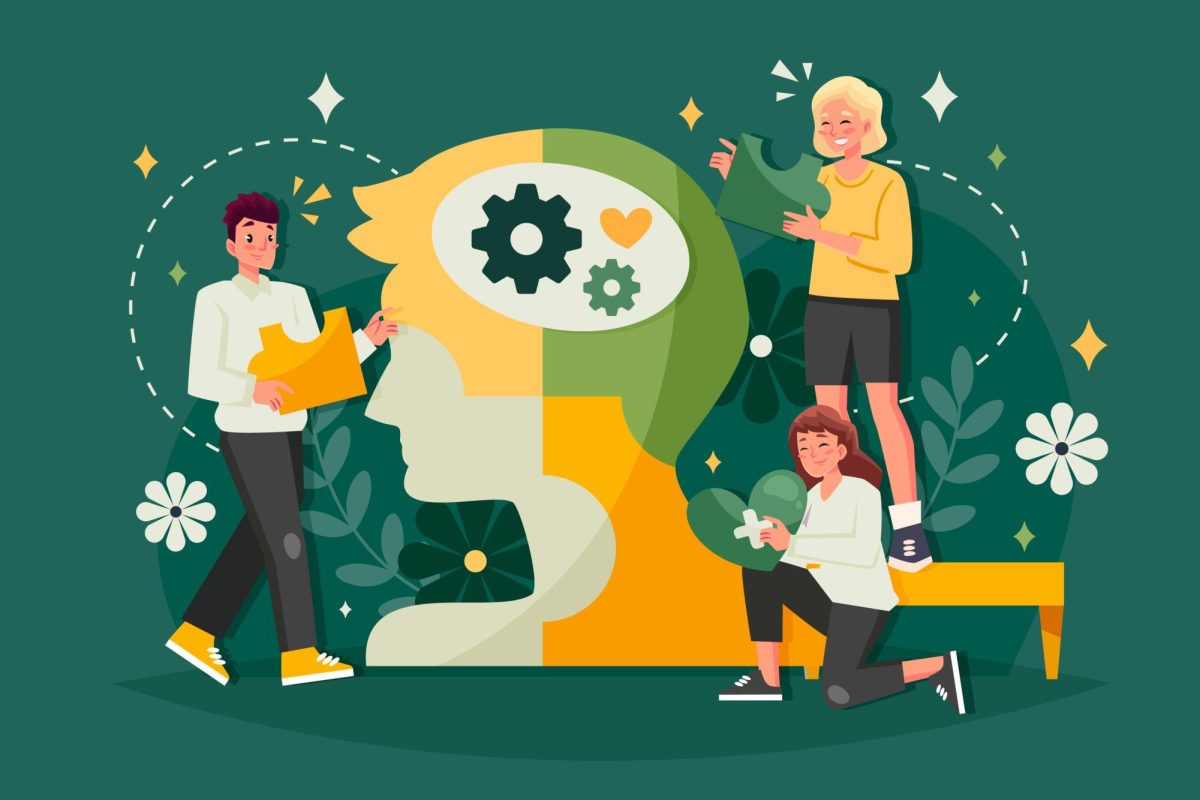With a click of a button, ChatGPT can tell you just about anything (at least up until 2021, anyway). It’s there for you through those hard school assignments, the explanation you need for a certain concept, or to simplify virtual tasks exponentially. With over 180.5 million users, and the US being the country with the highest number of users, ChatGPT is one of the most widely used forms of Artificial Intelligence.
But ChatGPT is just one example of this growing trend in artificial intelligence. Specifically, ChatGPT is a natural language processing model which, in short, means it has the ability to detect and predict patterns from words/phrases. This is why it quickly gives you complex answers from sets of data (although whether they’re right or wrong is a different story,) when you input a question into its search engine.
The growth of these Natural Language Processing models (NLPs) is only expected to grow in the coming years. According to an article by Forbes “AI is expected to see an annual growth rate of 37.3 percent from 2023 to 2030.” This means we will only see more forms of things like ChatGPT in the future.
So with this rapid increase in these large-scale models that can sort of just give you the answer you’re looking for, why should we have to develop our own thoughts? Or how to research information, when we quite literally have a model that can spit out an answer for you in a matter of seconds?
However, ChatGPT cannot solve all of your problems. In fact, it has issues with plagiarizing other authors words, which dismantle the “hype” and credibility of this fast-spewing informational search engine.
According to an article by AP News, Justin Nelson, an attorney for the nonfiction writers of the lawsuit against OpenAI’s use of the New York Times’ work claims that OpenAI is “building this product on the back of other peoples’ intellectual property.”
These allegations have given me a newfound appreciation for the efforts writers, authors, and those in the humanities field have. The skill of being able to synthesize information and data to make it digestible to the common man is a job that is being undermined by this “flashy” intelligent product that simply finds repetition.
Where’s the originality in that?
There is no doubt that AI is useful. I am in fact an advocate for the features that allow it to help with large scale models (like in finance), as well as fact-check and reduce potential human error. It can become the system of second eyes to our efforts.
However, I want to draw light on the importance of the humanities subjects as AI continues to grow. So much of our lives are centered around communication and language. That is the core of our existence.
We cannot let a language processing model become the language we speak in. We must emphasize the skill of writing, analyzing, doing our own research, and giving due credit to writers.
So much of the “boring stuff” your English classes have to offer will only become more useful. With AI on the rise, we need people to really verify if what it is saying is accurate. We need creators and creatives. These are the people who bring light and originality to our world. They can change the very environment we live in, and no amount of data analysis and pattern recognition could ever replace the very way you think.
So the next time you’re complaining over that English essay, remind yourself of this:
Your words could possibly change the world.








